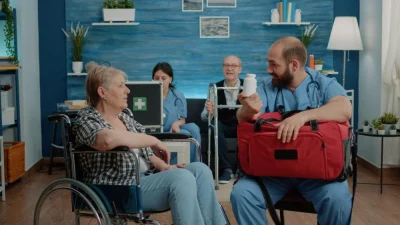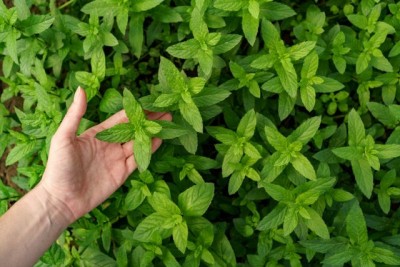3 Things You Should Know About Non-Traditional Addiction Treatment Programs
Warning: Undefined variable $post in /home/dietofli/public_html/wp-content/plugins/code-snippets/php/snippet-ops.php(584) : eval()'d code on line 3
Warning: Attempt to read property "ID" on null in /home/dietofli/public_html/wp-content/plugins/code-snippets/php/snippet-ops.php(584) : eval()'d code on line 3
The estimated reading time is 3 minutes
Warning: Undefined variable $post in /home/dietofli/public_html/wp-content/plugins/oxygen/component-framework/components/classes/code-block.class.php(115) : eval()'d code on line 3
Warning: Attempt to read property "ID" on null in /home/dietofli/public_html/wp-content/plugins/oxygen/component-framework/components/classes/code-block.class.php(115) : eval()'d code on line 3
There is more than one way to kick the habit, but some offer a better result than others.
Heroin addiction treatment programs vary widely, ranging from a rigidly structured in-patient program that starts with detox and continues for several months to an approach that incorporates behavioral modification and pharmacological approaches. Every individual journey toward freedom from drug addiction is unique. An individualized, holistic approach respects these differences, improving recovery outcomes.
Traditional programs that guide participants through a series of milestones may fail to address the individual needs of each addict. While all evidence-based methodologies may help some, the sad reality is that only about 20 percent of heroin addicts ever reach a "fully-recovered" stage. The relapse rate is so high that experts believe a return to daily use should be viewed as a normal part of the long-term recovery plan. (1)
What Differentiates Non-Traditional Heroin Addiction Recovery Centers from Previous Models?
Therapy involves more than talking through physical and emotional challenges.
While all heroin addiction recovery centers focus on helping an addict break free of their bondage, not all use the same techniques. For example, it is common to see the group and individual counseling sessions in all treatment plans. However, non-traditional treatment plans also include experiential therapy (ET). ET uses activities like dancing, painting, sculpting, and yoga to help in-patient residents explore their deepest fears and painful life experiences that led to that first encounter with heroin. ET also empowers recovering addicts by allowing them to learn new coping mechanisms that relieve stress and help them better articulate their feelings and physical responses to behavioral and lifestyle changes during recovery. (2)
Holistic Programs Feed the Mind, Body & Soul
Many drug addiction treatments rely on substitute drugs during the detox phase, and even throughout the recovery process. Non-traditional treatment centers typically try to eliminate all drugs under medical supervision to allow the body to heal itself during this critical period. There are a few instances where prescription drugs are warranted.
For example, a TYPE 1 diabetic requires insulin since the pancreas isn't producing insulin. However, studies have shown that heroin interacts with the pancreas, and may trigger a life-threatening hypoglycemic reaction. Recent research suggests plant-based diets may reduce dependence on insulin and other drugs, therefore before removing routine maintenance medication, responsible centers include a comprehensive medical work-up as part of the intake process. Armed with lab results and a thorough medical assessment, nutritionists, medical staff and support teams will develop an individualized program that includes necessary prescriptions and a solid eating plan to fuel a healthy recovery.
The community is an integral part of daily life.
Drug abuse destroys families and sucks the life out of users. Traditionally, therapists and counselors have tried to work with family, peers and social groups to find bridges to rebuild the shattered trust that often accompanies heroin addiction. Non-traditional heroin addiction treatment takes relationship building to another level. The community is an integral part of in-patient recovery programs built on a holistic model. Session leaders create a welcoming, non-judgmental environment that encourages everyone to honestly share their personal journey. The community is also about taking personal responsibility for past and present actions, so as cravings for a fix, give way to cravings for a healthy, nutritious meal, each individual assumes responsibility for appropriate self-care and community support.
Heroin abuse is not as prevalent as other types of drug abuse, but it is without a doubt one of the most complex addiction disorders to treat. There is currently no guaranteed cure for heroin addiction. The goal is to find a recovery path individualized for success.














